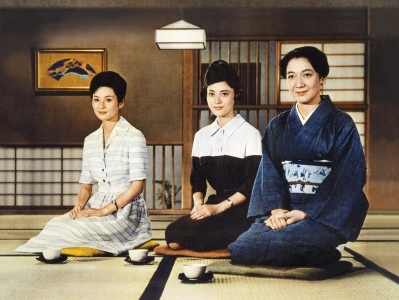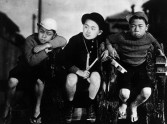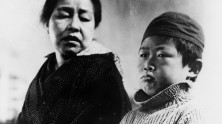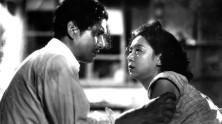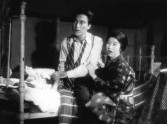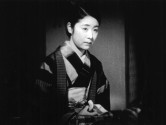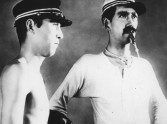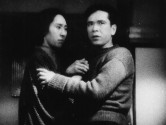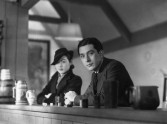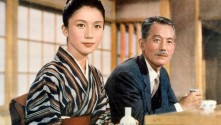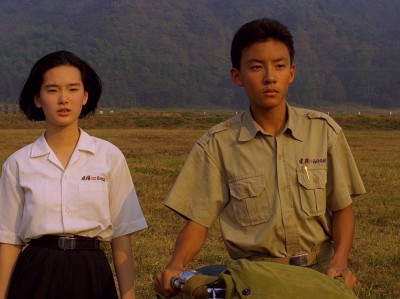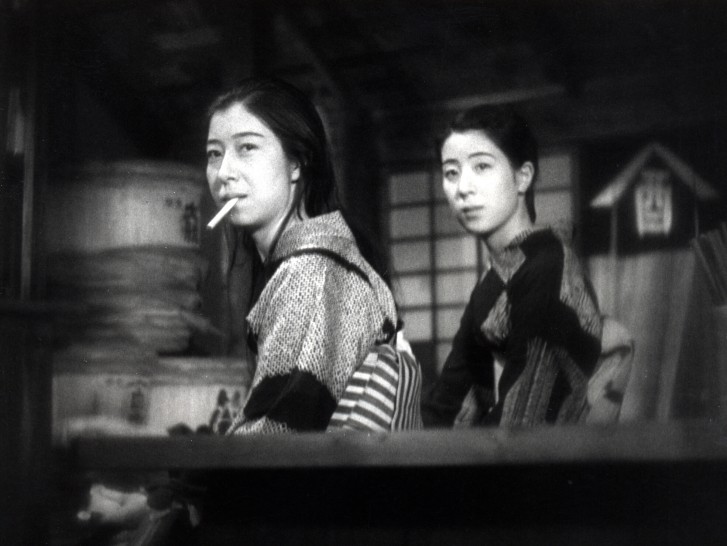
A Story of Floating Weeds
(Ukigusa monogatari)
Live Musical Accompaniment
Screening on Film
$15 Special Event Tickets
With Sakamoto Takeshi, Iida Choko, Mitsui Hideo.
Japan, 1934, 35mm, black & white, silent, 86 min.
Japanese intertitles with English subtitles.
Print source: Janus Films
A loose adaptation of The Barker (1928) by George Fitzmaurice, A Story of Floating Weeds follows a touring actor who refuses to settle down, and the reverberating effects his noncommittal lifestyle has on those around him. As a troupe of kabuki actors adapt to their latest destination and prepares to perform, their leader Kihachi (Sakamoto Takeshi) steals away to see his former lover Otsune (Iida Choko). Otsune has been raising their son Shinkichi (Mitsui Hideo), who believes Kihachi to be his uncle. What Kihachi imagined to be a simple pit stop ends in failed promises and thwarted dreams, through which Ozu connects Kihachi’s mediocrity as an artist to his inability to be a responsible father or a respectful lover. With its dwindling size, the touring troupe becomes a metaphor for Kihachi’s impossible attempt to flee from these interconnected responsibilities. Along with its color remake Floating Weeds, A Story of Floating Weeds is one of Ozu’s only surviving films about artists, making it an especially significant work in illuminating Ozu’s view of the artist as a marginalized yet vital member of society.
Live musical accompaniment by Robert Humphreville.
Part of film series
Screenings from this program
Late Spring
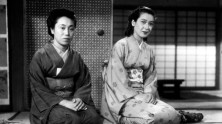
Tokyo Story
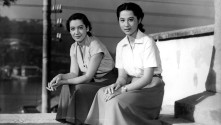
Early Summer

Passing Fancy

Dragnet Girl
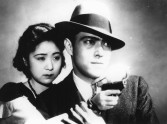
Tokyo Story

A Story of Floating Weeds
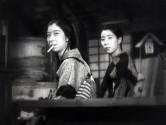
Days of Youth

The Flavor of Green Tea over Rice
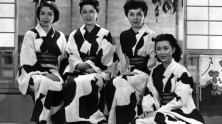
Early Spring

The Munekata Sisters
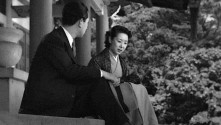
Floating Weeds
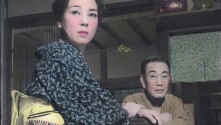
Good Morning

Late Autumn
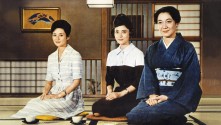
Tokyo Twilight

The Brothers and Sisters of the Toda Family
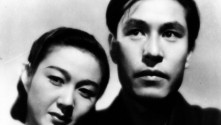
I Flunked, But …
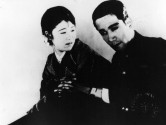
Late Autumn

Where Now Are the Dreams of Youth?
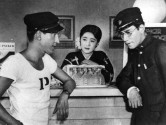
The End of Summer
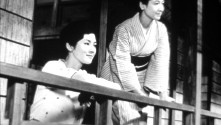
Early Spring

Café Lumière

Tokyo Story

